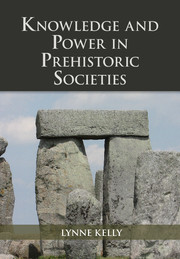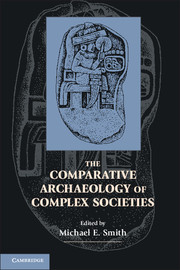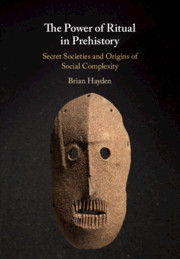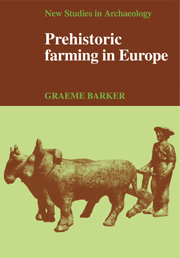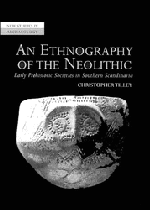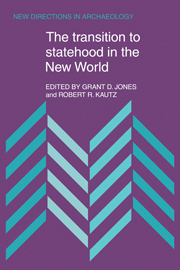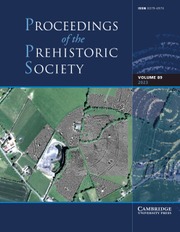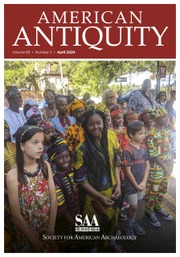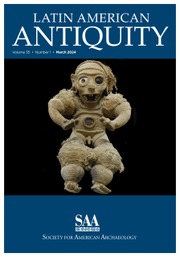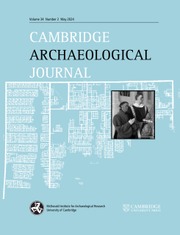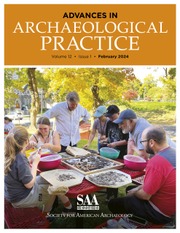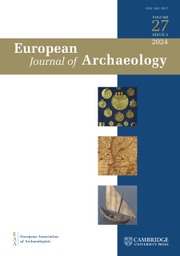Knowledge and Power in Prehistoric Societies
Orality, Memory and the Transmission of Culture
$120.00 (C)
- Author: Lynne Kelly, La Trobe University, Victoria
- Date Published: May 2015
- availability: Available
- format: Hardback
- isbn: 9781107059375
$
120.00
(C)
Hardback
Other available formats:
eBook
Looking for an examination copy?
This title is not currently available for examination. However, if you are interested in the title for your course we can consider offering an examination copy. To register your interest please contact [email protected] providing details of the course you are teaching.
-
In this book, Lynne Kelly explores the role of formal knowledge systems in small-scale oral cultures in both historic and archaeological contexts. In the first part, she examines knowledge systems within historically recorded oral cultures, showing how the link between power and the control of knowledge is established. Analyzing the material mnemonic devices used by documented oral cultures, she demonstrates how early societies maintained a vast corpus of pragmatic information concerning animal behavior, plant properties, navigation, astronomy, genealogies, laws and trade agreements, among other matters. In the second part Kelly turns to the archaeological record of three sites, Chaco Canyon, Poverty Point and Stonehenge, offering new insights into the purpose of the monuments and associated decorated objects. This book demonstrates how an understanding of rational intellect, pragmatic knowledge and mnemonic technologies in prehistoric societies offers a new tool for analysis of monumental structures built by non-literature cultures.
Read more- Offers a new theory for the purpose of Stonehenge and other stone circles in the UK, the great houses of Chaco Canyon in New Mexico, and the mound-building site of Poverty Point in Louisiana, in a way which applies to many other sites around the world
- Identifies objects which have to date defied interpretation as memory aids, such as the Scottish carved stone balls
- Explains the complex memory methods and physical memory aids used by oral cultures who are totally dependent on their memories to store all the practical information on which their survival depends
Customer reviews
Review was not posted due to profanity
×Product details
- Date Published: May 2015
- format: Hardback
- isbn: 9781107059375
- length: 300 pages
- dimensions: 261 x 182 x 24 mm
- weight: 0.81kg
- contains: 43 b/w illus. 4 maps 4 tables
- availability: Available
Table of Contents
1. Primary orality in the archaeological context
2. Knowledge and power in oral cultures
3. Primary orality and oral mnemonic technologies
4. Material mnemonic technologies
5. Animal and plant knowledge in oral tradition
6. Time and space
7. Case study: the Yolngu system of knowledge
8. Case study: the Pueblo system of knowledge
9. Chaco Canyon in the ancestral Puebloan context
10. Poverty Point in the American Archaic context
11. Stonehenge in the British and Irish Neolithic context
12. Conclusions.
Sorry, this resource is locked
Please register or sign in to request access. If you are having problems accessing these resources please email [email protected]
Register Sign in» Proceed
You are now leaving the Cambridge University Press website. Your eBook purchase and download will be completed by our partner www.ebooks.com. Please see the permission section of the www.ebooks.com catalogue page for details of the print & copy limits on our eBooks.
Continue ×Are you sure you want to delete your account?
This cannot be undone.
Thank you for your feedback which will help us improve our service.
If you requested a response, we will make sure to get back to you shortly.
×
